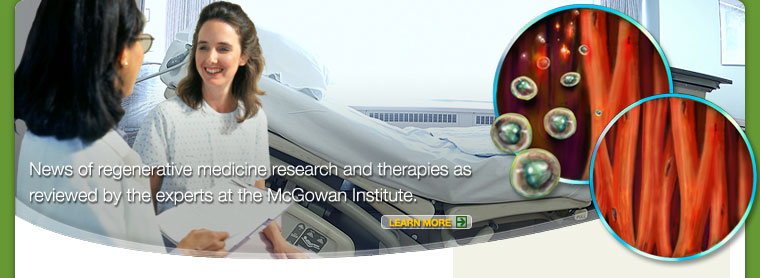Innate lymphoid cells regulate intestinal epithelial cell glycosylation
Authors:
Yoshiyuki Goto, Takashi Obata, Jun Kunisawa, Shintaro Sato, Ivaylo I. Ivanov, Aayam Lamichhane, Natsumi Takeyama, Mariko Kamioka, Mitsuo Sakamoto, Takahiro Matsuki, Hiromi Setoyama, Akemi Imaoka, Satoshi Uematsu, Shizuo Akira, Steven E. Domino, Paulina Kulig, Burkhard Becher, Jean-Christophe Renauld, Chihiro Sasakawa, Yoshinori Umesaki, Yoshimi Benno, & Hiroshi Kiyono
Summary:
Fucosylation of intestinal epithelial cells, catalyzed by fucosyltransferase 2 (Fut2), is a major glycosylation mechanism of host–microbiota symbiosis. Commensal bacteria induce epithelial fucosylation, and epithelial fucose is used as a dietary carbohydrate by many of these bacteria. However, the molecular and cellular mechanisms that regulate the induction of epithelial fucosylation are unknown. Here, we show that type 3 innate lymphoid cells (ILC3) induced intestinal epithelial Fut2 expression and fucosylation in mice. This induction required the cytokines interleukin-22 and lymphotoxin in a commensal bacteria–dependent and –independent manner, respectively. Disruption of intestinal fucosylation led to increased susceptibility to infection by Salmonella typhimurium. Our data reveal a role for ILC3 in shaping the gut microenvironment through the regulation of epithelial glycosylation.
Source: Science; Vol. 345, No. 6202 (09/12/14)
Summary:
Fucosylation of intestinal epithelial cells, catalyzed by fucosyltransferase 2 (Fut2), is a major glycosylation mechanism of host–microbiota symbiosis. Commensal bacteria induce epithelial fucosylation, and epithelial fucose is used as a dietary carbohydrate by many of these bacteria. However, the molecular and cellular mechanisms that regulate the induction of epithelial fucosylation are unknown. Here, we show that type 3 innate lymphoid cells (ILC3) induced intestinal epithelial Fut2 expression and fucosylation in mice. This induction required the cytokines interleukin-22 and lymphotoxin in a commensal bacteria–dependent and –independent manner, respectively. Disruption of intestinal fucosylation led to increased susceptibility to infection by Salmonella typhimurium. Our data reveal a role for ILC3 in shaping the gut microenvironment through the regulation of epithelial glycosylation.
Source: Science; Vol. 345, No. 6202 (09/12/14)
